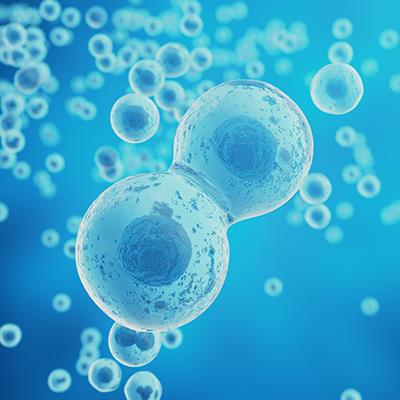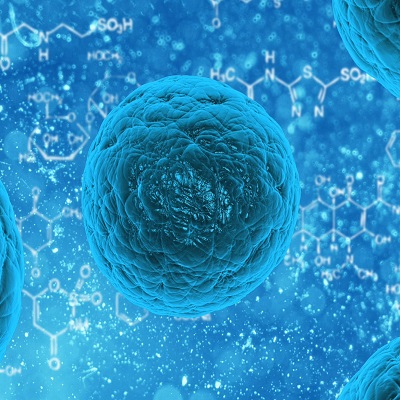September 2, 2022 -- Belgian biologists from KU Leuven have generated a new type of human cell in the lab using stem cells, which closely resemble their natural counterparts in early human embryos.
Their findings, published September 1 in the journal Cell Stem Cell, could enable researchers to better study what happens just after an embryo is implanted in the womb. While a human embryo implants in the womb about seven days after fertilization, once it does the embryo becomes inaccessible for research due to technical and ethical limitations.
"Our study impacts our ability to model and study the molecular mechanisms of early human embryogenesis and related defects," the authors wrote.
The team of stem cell biologists has developed the first model for a specific type of human embryo cells, extraembryonic mesoderm cells. They believe their model can shed light on medical challenges such as fertility problems, miscarriages, and developmental disorders.
"These cells generate the first blood in an embryo, help to attach the embryo to the future placenta, and play a role in forming the primitive umbilical cord. In humans, this type of cell appears at an earlier developmental stage than in mouse embryos, and there might be other important differences between species. That makes our model especially important: Research in mice may not give us answers that also apply to humans," said Vincent Pasque, PhD, whose lab at KU Leuven focuses on understanding epigenetic reprogramming in cells, development, and diseases.
Copyright © 2022 scienceboard.net








